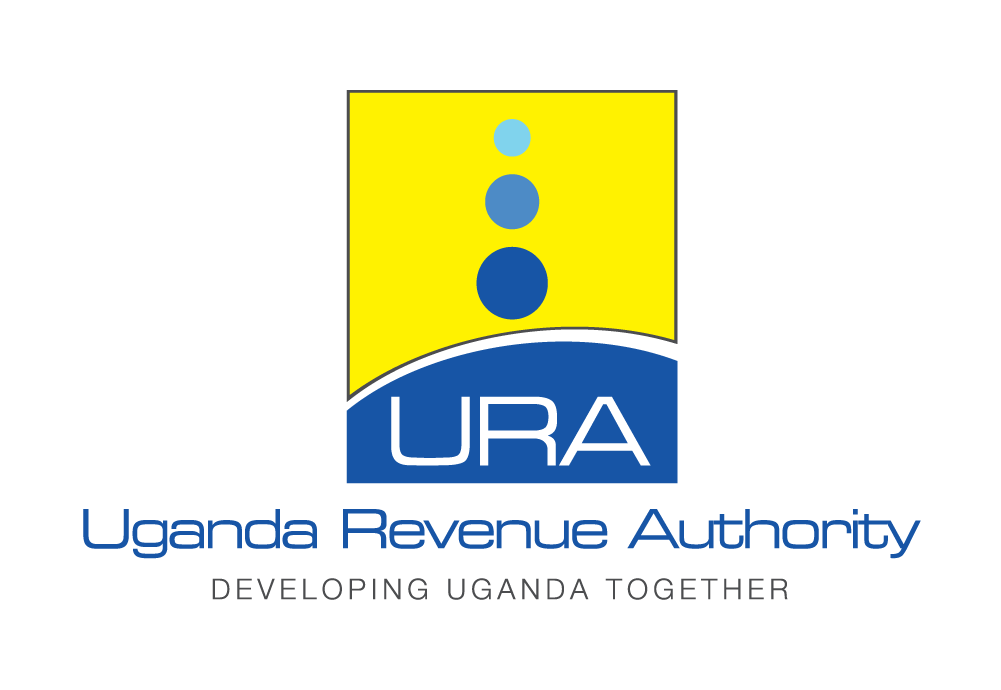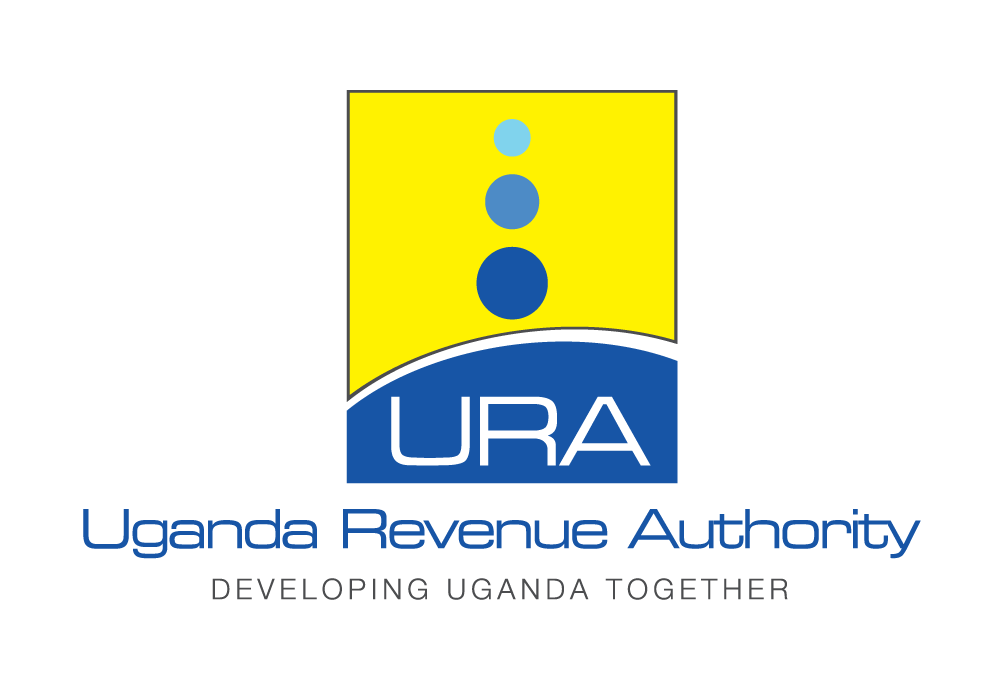- Home
- What is Groupage Cargo?
What is Groupage Cargo?
Cargo consolidation, also known as cargo groupage, refers to the process of combining and bundling multiple small (cargo) shipments from different shippers, consignees, or traders from the same country of export and purchase into a single larger shipment or container heading to the same destination, country, or point of final customs clearance.
Each of the individual shipments or cargo bundles is entitled to a House Bill of Lading indicating the true actual owner, cargo description, quantity, and weight of the cargo bundle or shipment. This individual House Bill of Lading is the title of ownership that a formal consolidator awards each individual shipment cargo bundle to prove a shipper, trader, and customer’s ownership of that specific cargo. It is also the first document that enables the shipper, trader, or consignee to process their final tax clearances under the acceptable customs clearance procedure and take possession of their cargo.
Cargo consolidation is mainly done to optimize transportation efficiency and reduce shipping costs by sharing space and freight forwarding resources, resulting in economies of scale.
Yes, consolidation is the same as groupage cargo.
Cargo consolidators are freight forwarding operators (companies) who use the carrier/vessel to bundle or group Less than Container Load (LCL) cargo of Ugandan small and medium-sized importers who cannot fill the minimum order quantity of shipping lines, i.e., filling a Full Container Load (FCL), and therefore they group or bundle the goods and consolidate them into one consignment to the same common country of destination. This is commonly known as groupage cargo or consolidated cargo here in Uganda.
- Must have fully established and registered operational offices both in the country of export and import, with fully trained personnel to handle groupage cargo.
- Must have registered warehousing and storage facilities set up where the consolidation process takes place, e.g., in China, Dubai, and Turkey.
- Cargo consolidators must be registered and authorized by URSB, URA, UCCA, and the Ministry of Works and Transport to carry out these operations.
- Cargo consolidators must comply with accepted processes, procedures, and policies to facilitate trade and business development.
- Cargo consolidators must be system-oriented with the automated consolidation system for uniformity, transparency, and effectiveness.
- A consolidator must be able to sensitize and provide relevant information to his or her shippers, traders, and consignees to empower and enable them to carry out proper trade and logistics activities.
- Integrity, credibility, and transparency for all stakeholders and relevant parties in their businesses and operations
Firms providing consolidation services must be:
- Registered freight forwarding company compliant with international ISO standards
- Fully licensed and registered with relevant authorities in both the consolidating and de-consolidating countries, e.g., URSB, UCCA, URA, and Port Authorities
- Must have warehousing and storage facilities set up where the consolidation process takes place.
- They are NVOCC but often act as carriers, providing their own House BLs that are supported by a Master BL issued by the shipping line for the entire consolidated shipment. – The Master BL clearer highlights the actual owners and consignees of the various cargos that are consolidated, the number of cartons, the measure of the cargo usually indicated in cubic meters (CBM), the HBL number, and any other detail deemed important, to facilitate the final clearance process.
- Must be enrolled in the automated consolidator systems for uniformity, transparency, and effectiveness.
Yes, the Uganda Cargo Consolidators Association (UCCA)
- To organize and regulate all the formalized cargo consolidators in Uganda, ensuring that they comply with the set acceptable policies and procedures
- To strengthen and unify operations in order to attain the common goals
- Networking opportunities and mentorship programs, especially through training
- Business development and industry standardization to enable development and growth
- A code of conduct has been formulated to guide consolidators in the business.
- Guidelines on how to operate with other stakeholders in the consolidated framework, including disciplinary measures, are fully communicated to consolidators.
- Fines and penalties for non-compliance are provided for in the association constitution.
- Reduction in the cost of doing business. Large resources are shared by many people at a lower cost.
- Faster customs processing and cargo management without suffering delays and losses caused by someone else or the wrong agents
- Importers are able to pay their own taxes with their personal Tax Identification Numbers (TINs), thereby avoiding tax manipulation by brokers and subsequently enjoying their VAT returns monthly, where applicable.
- Flexibility in importing small quantities at a minimum cost effectively
- There are fewer capital requirements for businessmen and women to start or participate in business.
- Safety, traceability, and guaranteed ownership of goods since every importer has his own House bill.
- Avoidance of conflicts in the case of tax litigation issues
- Proper and complete business accountability and management
- It allows an importer to choose a customs agent of his or her choice for better customs management and interactions.
- He organizes shipping of small order quantities, hence allowing you to share space in case you can’t fill up a container.
- He organizes shipping and transport up to the inland container depot, unlike full containers that are discharged at the first port of entry.
- They sometimes help in the sourcing of goods and link importers to supplies at points of origin.
- They prepay shipping charges, and that allows an importer stable working capital.
- They facilitate the deconsolidation process to allow importers to pay for their own goods.
- Sensitization of relevant policies, processes, and procedures.
- Importers run into the risk of tax manipulation by brokers.
- Goods can easily be confiscated by the tax authorities, and they cannot be claimed since the importer has no house bill i.e. ownership document.
- High import tax liabilities, failure to claim VAT, and utilization of withholding tax where applicable
- Loss of working capital and time from unwarranted delays and penalties
- Loan defaults, loss of securities following failure to repay borrowed funds in time caused by unwarranted cargo delays or losses, and this can result in complete business failure
- Incomplete business accounting and management resulting from the absence of importation records or data
- Commercial documents: quotations, sales contracts, invoices, packing lists, bills of lading, certificates of conformity, and pre-inspection certificates
- Transactional documents: receipts, TT confirmation copy, if any, and any other documents relating to the transaction of the goods
- Any exemptions or permits of importation where necessary
- Cargo entry at the Internal Container Depot (ICD) under customs supervision
- The bond keeper records goods arrivals in the Bonded Warehouse Information System (BWIMS)
- Barrier Office for Validation
- Positioning the consignment in BWIMS
- Allocation by the in-charge
- Positioning the container at the verification point
- Verification by the customs officer, clearing agents/importer, and bond keeper
- Reconciliation by the officer, specific agents, and the bond keeper
- Attaching the verification account to the warehousing entry (IM7)
- Release of the transaction for warehousing
- The consolidator initiates change of ownership from consolidator to individual importers (de-consolidates) to enable individual clearance of taxes.
- The importer or agent lodges the home consumption declaration with other supporting documents with Customs and pays the assessed duties and taxes.
- The declaration and verification findings are vetted by document processing center (DPC) and where there is conformity the entry is released
- Where there is none conformity top up taxes are assessed, paid and equally released.
- Upon release, a release message or notification is sent to the bond for loading and subsequent exit of the cargo.
Yes.
- There is the URA Touchpoint portal, https://touchpoint.ura.go.ug/.
Where agents or importers log in to seek help from URA
- Physical meetings and engagements
- Office walk ins
- Phone calls
- Transfer of ownership fee
- Assessed taxes for the cargo.
- Company registrations and authorizations to carry out that business and consolidation activity
- Companies’ physical status, traceability, and address.
- The credibility and transparency of any consolidator should be assessed and evaluated.
Every importer under consolidated cargo must have their own TIN and make customs payments using their personal TIN.
Payments should be made directly to the bank via the different payment platforms against a PRN number issued by URA. Importers should never hand over the payment obligation for taxes exclusively to the cargo consolidators or any broker or agent.
Please note: URA does not receive cash payments.
- Loading of prohibited items
- Engaging in clearance of customs goods without a license from URA to clear goods
- Under declarations and misdeclaration of loaded cargo at the loading points.
- Concealing of goods
- Evasion of customs duties, taxes, or tariffs
The company loses its license and pays penalties.
Genuine consolidators are formally registered freight forwarding companies or operators carrying out consolidation with the recognition and regulation of URSB, UCCA, URA, and Min Works and Transport, whereas non-genuine consolidators are not formally registered, not recognized, uncompliant, and not regulated by the above stake holders to carry out consolidation.
- Cargo is received or delivered by the buyer’s supplier or trader to the consolidator’s designated warehouses, countries, or places of loading.
- The consolidator acknowledges receipt of this cargo alone, along with the relevant commercial documents and transactional documents, if available.
- Cargo is weighed, marked, and bundled with other smaller cargo or shipments belonging to multiple different shippers or traders but destined to the same common final destination or place of delivery and customs processing.
- The bundled cargo is jointly processed and shipped out of the consolidation country of export through the various ports of loading and unloading, transferred under transit to the final destination and ICD (Inland Container Depot), i.e., Uganda Specified Bond, where deconsolidation customs processes are handled according to acceptable procedures and time frames. At this stage, all the consolidated cargo is under the custody and sole responsibility of the consolidator, who makes all the first customs declarations of transit and warehousing under himself until the final destination.
- Once cargo has safely arrived and been warehoused under the Uganda Customs Bonded warehouse, the warehousing process is done, and cargo is jointly verified and confirmed for compliance and credibility.
- After the warehousing process has been completed and satisfied, the consolidator then transfers ownership of all the bundled or consolidated cargo to its rightful owners and issues them House Bills of Lading and a transfer of ownership.
- This is when the individual importer carries on with his or her appointed Customs Agent to declare their final home consumption entry, pay for their taxes, and take their cargo.



